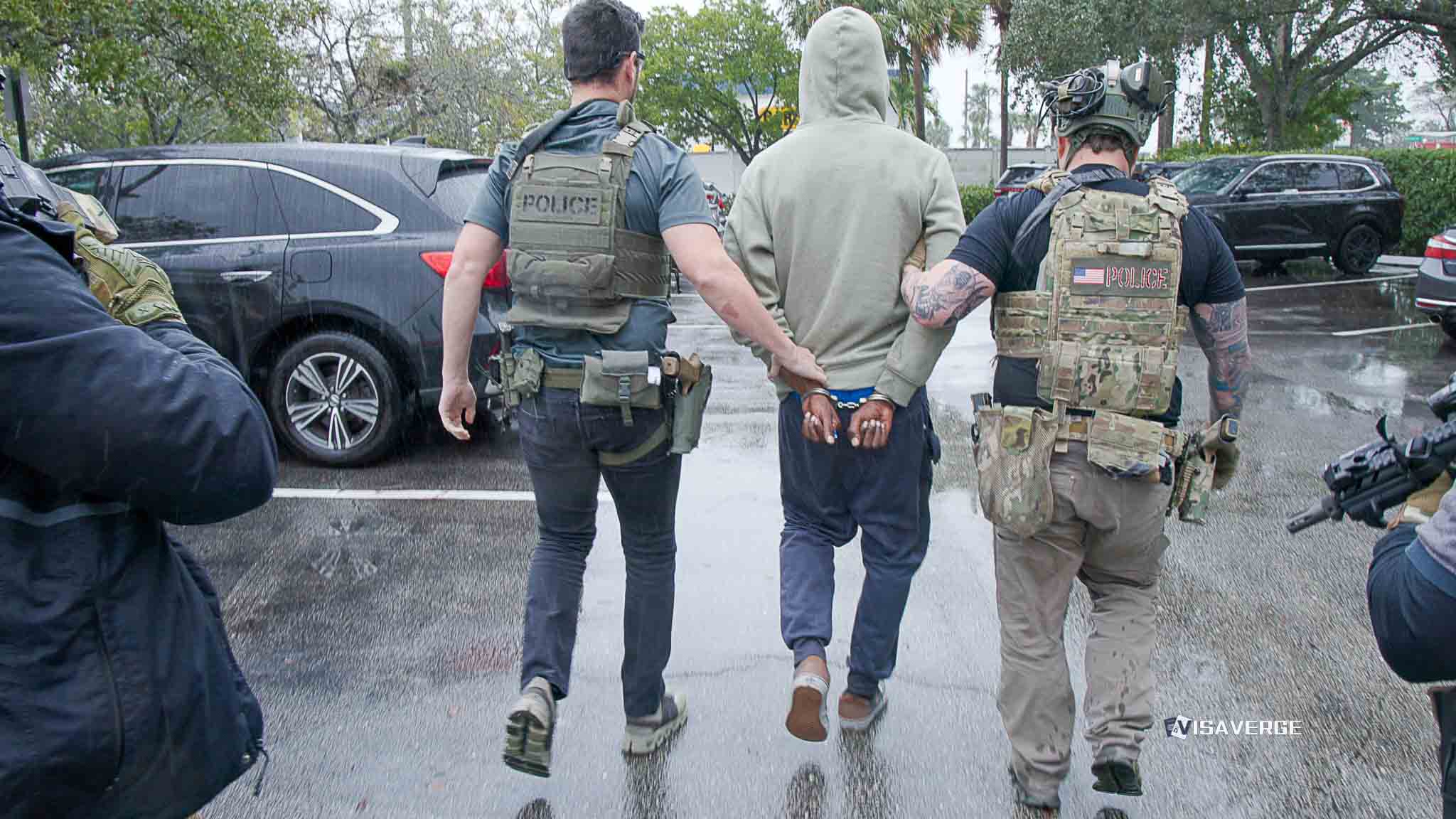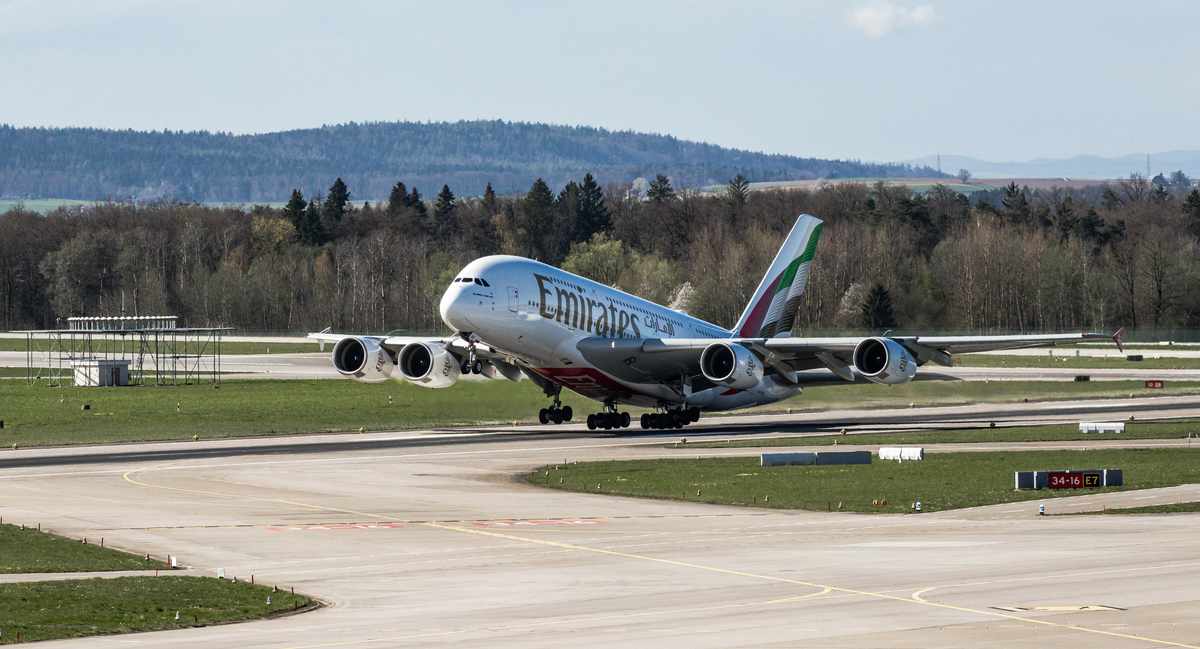Key Takeaways
• ICE arrests in Hawaii rose 515% from Jan to June 2025, focusing on criminals with serious offenses.
• Honolulu Federal Detention Center holds about 200 detainees out of 900 cells, prompting repurposing debates.
• Governor Josh Green proposes using the detention center to ease local prison overcrowding in Hawaii.
As of July 2025, the Honolulu Federal Detention Center stands at the center of Hawaii’s immigration enforcement landscape. This facility, managed by the Federal Bureau of Prisons, is currently used by Immigration and Customs Enforcement (ICE) to detain individuals involved in immigration cases. Recent months have seen a sharp increase in ICE operations across Hawaii, leading to more arrests and a renewed focus on how the detention center is used. The situation raises important questions for detainees, their families, local communities, and policymakers.
Honolulu Federal Detention Center: Who, What, When, Where, Why, and How

The Honolulu Federal Detention Center is located at 351 Elliott St, Honolulu, HI 96819. It is run by the Federal Bureau of Prisons but serves as a key holding site for ICE detainees—people arrested for immigration violations or facing deportation. As of July 5, 2025, the facility is underutilized, with only about 200 out of more than 900 available cells in use. This underuse has sparked debate about whether the center should be repurposed to meet local prison needs.
ICE has ramped up its operations in Hawaii, focusing on removing individuals with criminal records, especially those accused of serious crimes like kidnapping, assault, and drug offenses. This approach follows national policies that aim to prioritize the removal of people considered dangerous to public safety.
Recent Surge in ICE Operations
Dramatic Rise in Arrests
Between August 8, 2024, and January 19, 2025, ICE made 19 administrative arrests in Hawaii. However, from January 24 to June 10, 2025, that number jumped to 117—a 515% increase. This surge reflects a broader push by ICE to enforce immigration laws more strictly, especially against those with criminal backgrounds.
Focus on Criminal Aliens
The Department of Homeland Security (DHS) has made it clear that its main goal is to target the “worst of the worst”—people with serious criminal convictions. Assistant Secretary Tricia McLaughlin has stated that these efforts are meant to protect communities by removing violent offenders. This policy is not unique to Hawaii; it is part of a nationwide trend.
Expansion of Detention Facilities
Since October 2024, ICE has expanded its detention network by 30% through new agreements with private contractors and local law enforcement agencies. This expansion means more facilities are available to house detainees, including the Honolulu Federal Detention Center.
How the Detention Process Works
For those unfamiliar with the process, here’s a simple breakdown of what happens when someone is detained by ICE in Hawaii:
- Arrest and Detention: ICE agents arrest individuals based on immigration violations or criminal charges.
- Facility Assignment: Detainees are placed in facilities like the Honolulu Federal Detention Center.
- Legal Proceedings: Detainees may face deportation hearings or, if criminal charges are involved, criminal trials.
- Removal or Release: Depending on the outcome, detainees are either deported or released.
This process can be lengthy, especially if legal challenges or appeals are involved. Detainees may spend weeks or even months at the center while their cases move through the system.
Who Is Held at the Honolulu Federal Detention Center?
The facility houses adult men and women, including:
- Asylum seekers: People who have fled their home countries and are seeking protection in the United States 🇺🇸.
- Undocumented migrants: Individuals who do not have legal status in the United States 🇺🇸.
- People with criminal convictions: Those arrested for crimes ranging from minor offenses to serious felonies.
Detainees are held on an administrative basis, meaning they are not serving criminal sentences but are awaiting immigration decisions or deportation.
Policy Changes and Local Debate
Calls for Repurposing the Facility
With only about 200 of its 900 cells in use, the Honolulu Federal Detention Center is considered underutilized. Governor Josh Green has suggested that the state could acquire the facility to help address overcrowding in local prisons, especially the Oʻahu Community Correctional Center. He argues that using the existing infrastructure could save money and improve conditions for inmates.
However, this idea is not without controversy. Some community members worry about spending more on corrections facilities instead of investing in alternatives like rehabilitation or social services.
National Policy Shifts
ICE’s increased focus on detaining and removing people with criminal records is part of a larger national policy. The Department of Homeland Security has directed ICE to prioritize cases involving serious crimes, which has led to more arrests and longer detention periods for some individuals.
At the same time, ICE has expanded its detention capacity across the United States 🇺🇸, making it easier to hold more people for longer periods. This has practical effects for detainees and their families, as well as for local communities.
Impact on Detainees and Their Families
Longer Detention Periods
With more aggressive enforcement and expanded detention capacity, many ICE detainees are spending longer periods in custody. This can be especially hard for families, who may be separated for weeks or months while cases are resolved.
Increased Deportations
The focus on removing people with criminal records has led to more deportations. For some, this means being sent back to countries they may not have seen in years, leaving behind families, jobs, and communities in Hawaii.
Community Concerns
The rise in ICE activity has created fear among immigrant communities. Many worry that even minor legal issues could lead to detention and possible deportation. This fear can discourage people from reporting crimes, seeking medical care, or participating in community life.
Local Infrastructure and Public Debate
Addressing Prison Overcrowding
Hawaii, like many states, faces challenges with prison overcrowding. The idea of repurposing the Honolulu Federal Detention Center to replace the Oʻahu Community Correctional Center is being discussed as a possible solution. Supporters say it would use existing resources and save money, while critics argue that it could lead to more spending on incarceration instead of prevention and rehabilitation.
Public Resistance
Any plan to expand or repurpose detention facilities often faces public resistance. Some community members are concerned about the social and economic costs of expanding the prison system, while others worry about the impact on detainees’ rights and well-being.
Stakeholder Perspectives
Immigration Advocates
Many immigration advocates criticize the increased focus on detention and deportation. They argue that these policies separate families, create fear, and do not address the root causes of migration. Advocates often call for more humane policies, such as alternatives to detention and better legal support for asylum seekers.
Law Enforcement Officials
On the other hand, law enforcement officials, including those at ICE, argue that removing people with serious criminal records is necessary to protect public safety. They point to cases involving violent crimes as evidence that strict enforcement is needed.
State and Local Leaders
Leaders like Governor Josh Green are caught in the middle, trying to balance public safety, fiscal responsibility, and community concerns. The debate over the future of the Honolulu Federal Detention Center reflects these competing priorities.
What Happens Next? The Future of the Honolulu Federal Detention Center
Possible Repurposing
Discussions about using the detention center to replace the Oʻahu Community Correctional Center are ongoing. If the state acquires the facility, its role could shift from housing ICE detainees to serving as a local prison. This would have major implications for both immigration enforcement and the state’s correctional system.
Continued ICE Operations
ICE is expected to maintain its focus on removing people with criminal records. This means that the Honolulu Federal Detention Center will likely continue to play a key role in ICE operations, at least in the short term.
Community Impact
Whatever happens, the decisions made about the detention center will affect thousands of people—detainees, their families, local residents, and government officials. The debate highlights the complex relationship between immigration enforcement, public safety, and community well-being.
Frequently Asked Questions
What happens to ICE detainees at the Honolulu Federal Detention Center?
Detainees are held while they wait for immigration hearings or deportation. Some may be released if they win their cases or are granted bail, while others are deported if they lose their cases.
How does increased ICE activity affect local communities?
More ICE operations can create fear among immigrants, leading to less trust in law enforcement and public services. Family separations and economic impacts are common concerns.
What are the plans for the detention center’s future?
There are ongoing discussions about repurposing the facility to address local prison needs. No final decisions have been made yet.
Contact Information and Resources
If you need more information about the Honolulu Federal Detention Center or ICE operations, you can contact the facility directly:
- Address: 351 Elliott St, Honolulu, HI 96819
- Phone: +1 808 838 4200
- Fax: +1 808 838 4507
For official information about ICE policies and procedures, visit the ICE official website.
Practical Guidance for Families and Detainees
If you or a loved one is affected by ICE detention in Hawaii, here are some practical steps to consider:
- Know Your Rights: Detainees have the right to legal representation, though the government does not provide free lawyers. It’s important to seek help from immigration attorneys or local advocacy groups.
- Stay Informed: Keep track of case numbers, court dates, and any paperwork received from ICE or the detention center.
- Contact Support Organizations: Many local and national groups offer help to detainees and their families, including legal advice and emotional support.
- Prepare for Hearings: Gather documents and evidence that may help your case, such as proof of community ties, employment, or family relationships.
Broader Implications for Hawaii and the United States 🇺🇸
The situation at the Honolulu Federal Detention Center is part of a larger national debate about immigration enforcement, detention, and public safety. As reported by VisaVerge.com, the increase in ICE operations and detention capacity reflects ongoing policy shifts at the federal level. These changes have real consequences for individuals, families, and communities across Hawaii and the United States 🇺🇸.
Balancing Enforcement and Compassion
Policymakers face tough choices about how to balance the need for public safety with the rights and well-being of immigrants. The debate over the future of the Honolulu Federal Detention Center is just one example of these challenges.
Looking Ahead
As discussions continue, it’s important for all stakeholders—government officials, law enforcement, advocates, and community members—to stay informed and engaged. The decisions made in the coming months will shape the future of immigration enforcement and detention in Hawaii for years to come.
Additional Resources
For those seeking more information or support, here are some helpful resources:
- ICE Detainee Locator: Find information about individuals currently held in ICE detention.
- U.S. Citizenship and Immigration Services (USCIS): Learn about immigration forms, legal rights, and application processes.
- American Immigration Lawyers Association (AILA): Find qualified immigration attorneys and legal resources.
Conclusion: What You Need to Know
The Honolulu Federal Detention Center remains a key part of ICE operations in Hawaii, especially as enforcement efforts increase. With only a fraction of its capacity in use, the facility’s future is the subject of ongoing debate. Whether it continues to house ICE detainees or is repurposed for local prison needs, the outcome will have lasting effects on detainees, their families, and the broader community.
Staying informed, knowing your rights, and seeking support are essential steps for anyone affected by these changes. For the latest updates and official information, visit the ICE official website.
By understanding the facts and considering all perspectives, readers can better prepare for the changes ahead and support those impacted by immigration enforcement in Hawaii and beyond.
Learn Today
ICE → U.S. Immigration and Customs Enforcement; agency enforcing immigration laws and detaining immigrants.
Detention Center → Facility where individuals are held while awaiting immigration hearings or deportation decisions.
Administrative Basis → Status where detainees wait for immigration decisions, not serving criminal sentences.
Deportation → Formal removal of an individual from the U.S. for violating immigration laws.
DHS → Department of Homeland Security, overseeing ICE and immigration enforcement policies nationally.
This Article in a Nutshell
The Honolulu Federal Detention Center plays a key role in Hawaii’s immigration enforcement amid a 515% ICE arrest surge. With only 200 detainees in 900 cells, local leaders debate repurposing it for prisons. ICE focuses on removing dangerous criminals, impacting communities and families statewide.
— By VisaVerge.com








